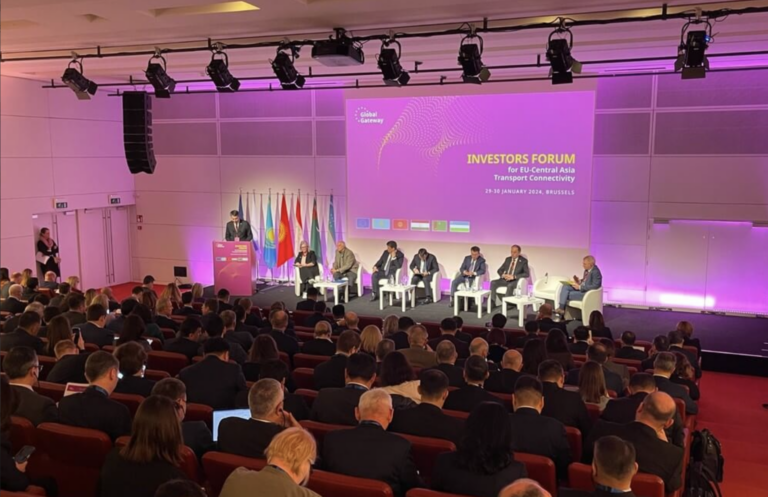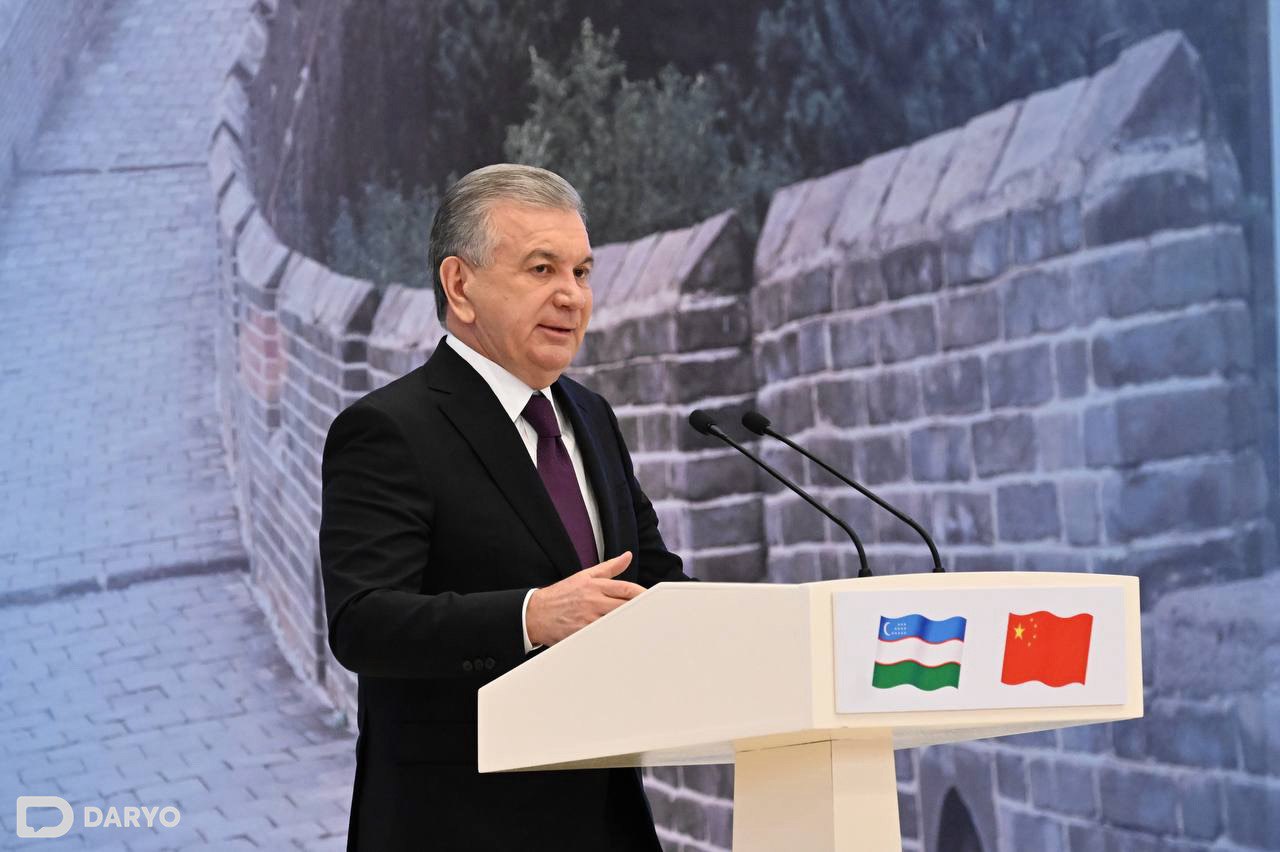The recent convening on January 29 of the Global Gateway Investors Forum in Brussels brought together delegations from the European Union and five Central Asian countries to address challenges and opportunities in enhancing connectivity. A significant highlight was the active participation of a U.S. delegation, led by Nicholas Berliner, emphasizing the strategic importance of fostering collaboration in the face of evolving geopolitical challenges, The Diplomat reported on January 30.

The forum focused on leveraging sustainable transport connections between Europe and Central Asia, building upon the findings of an EU-commissioned study. It aimed to translate political commitments into actionable measures that would strengthen connectivity between the EU and Central Asia.
The U.S. delegation, led by Nicholas Berliner, special assistant to the president and senior director for Russia and Central Asia on the National Security Council, emphasized the Biden administration's commitment to supporting investments and the development of the Trans-Caspian International Transport Route, also known as the "Middle Corridor." This commitment aligns with efforts to address disruptions in the Red Sea shipping route, which has been adversely affected by geopolitical tensions and conflicts.
In response to these challenges, ships are now diverting their routes around Africa's Cape of Good Hope, adding 30% more distance from Asia to Europe. This shift underscores the vulnerabilities of maritime chokepoints and the need for alternative pathways.

The recent state visit of President of Uzbekistan Shavkat Mirziyoyev to Beijing saw China expressing support for launching the construction of the China-Kyrgyzstan-Uzbekistan railway, further solidifying Uzbekistan's role in facilitating alternative transit-trade routes.
Comments (0)